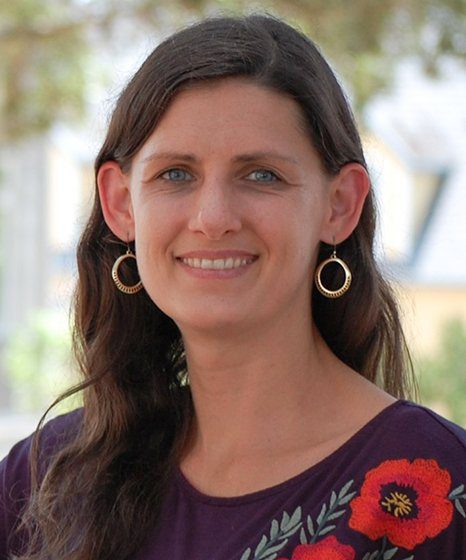
Guest Author – Lynn Buzzard

Work out your salvation with fear and trembling (Philippians 2:12).
Howbeit when he, the Spirit of truth, is come, he will guide you into all truth . . . (John 16:13).
At the core of the conception of a “Christian lawyer,” or these devotionals . . . is the conviction that the integration of personal faith with all of life, including the law, is mandated by our faith in the Lordship of Christ, and that our failure to do so is a principal cause for the frequent sense of a kind of disconnectedness in the lives of many Christian lawyers.
That failure to be “whole,” rather than divided persons – the lawyer, the citizen, the father, the churchman – has many roots. Some theological traditions have often encouraged the separation of public life from personal faith; distorted civil policy such as extreme versions of separation of church and state often reinforced the division of life. Much preaching even implied that “public” life was suspect, if not dirty. Few invitations were offered to persons to come forward for public service for Christ. Perhaps as well, it was often convenient to conclude that Christian life didn’t need to have too much bearing on the actual “business” of life whether it be law practice or commercial enterprise.
Then of course, there were those who probably thought they were “integrating” because they “loved the Lord,” tithed, supported their church and missions, and otherwise lived lives of personal integrity and piety. But there was still little sense of the dynamic of biblical faith in the core of their work.
But one thing we must acknowledge is that the specific nature and content of the integration of our personal faith with law practice is not always self-evident. We indeed “see through a glass darkly.”
This is so for at least two principal reasons. First, in the main, our culture has for some generations fostered a pattern of reduction of religion to piety. The church has often lacked vigorous intellectual integration, so that there is an extent to which this integrative enterprise is a bit of pioneering. Most have fled from the intellectual engagement. There are not many visible models of the vigorous integration of personal faith with legal education and, while many of us know individual lawyers who have led profoundly whole lives, the secret of their synthesis is often not apparent. A second and more critical factor, as Dan Van Ness observed in one of our discussion sessions about the nature of our law school enterprise, is that in this context, integration is a verb – that is, the integration of our faith with all the dimensions of our life, including the law, is of necessity a process – a lifelong commitment. The question is not “Have you integrated?” but “Are you integrating?”
To be sure, there are some substantive integrative principles that we can identify; however, the abiding and persisting aspect of integration is that process by which we stay always open to the Lord working in our lives – bringing the truth to bear upon us, teaching us all things, helping us move from milk to meat.
The notion that in individual life, or in any institution, we could describe with specificity and finality the nature of our integration, what it would be like, is as dangerous as it is foolish.
This of course does not mean we are stuck only with process or that there are no “truths” – but it means that God is “at work in us” seeking to “work and do his will,” constantly renewing our minds. I am constantly being called to renewal, to a new mind, to new truths. Being redeemed and being converted, though begun in new birth, is an ongoing process.
The little button people used to wear said “PBPWMGINTWMY” and stood for “please be patient with me, God is not through with me yet.” That is as true intellectually and vocationally as it is any other arena in life. When God isn’t inviting you to new realities, new arenas of His work and will, you are in serious trouble. It is not likely a sign you have finally gotten it all right.
——————-
***Please feel free to forward this to your friends. To subscribe to the CLS Devotional (emailed once a month), please click here and subscribe to the CLS publications of your choice or email us at clshq@clsnet.org.***
This article [slightly edited] comes from the “What Does the Lord Requre of You?” devotional published by Advocates International. Lynn Buzzard is a former professor at Campbell Law School and the former executive director of Christian Legal Society.

Mike Schutt
Director, CLS Law School Fellows

Alanna Walker
Grants Coordinator

Michelle Williams
Law Student Ministries Coordinator
GET UPDATES
The views expressed on the CLS Blog are the views of the individual authors and do not necessarily reflect the positions of Christian Legal Society.
The purpose of the CLS Blog is to generate discussion with a free exchange of ideas and opinions.
▦ |CLS - Christian Legal Society © 2025|














































